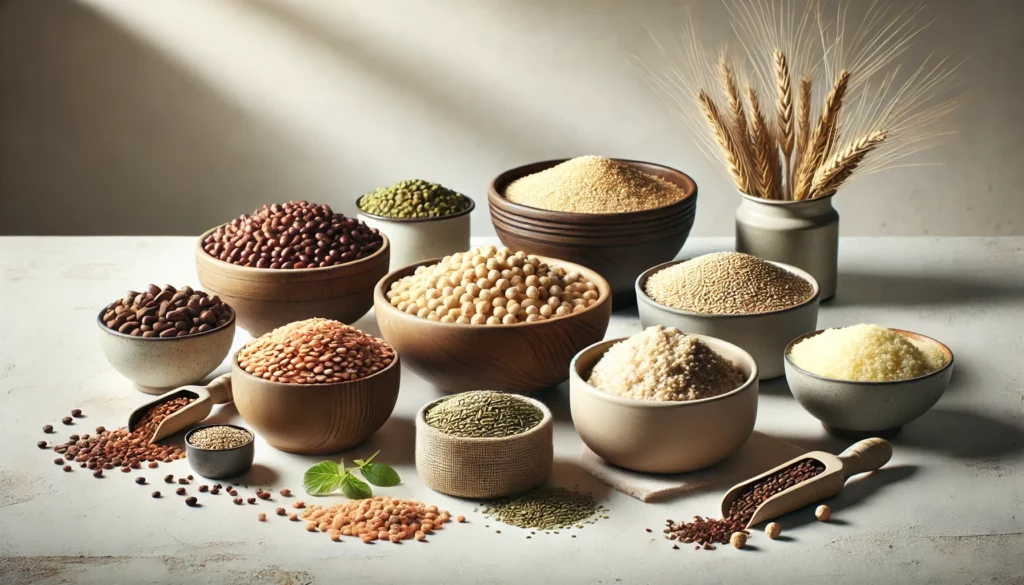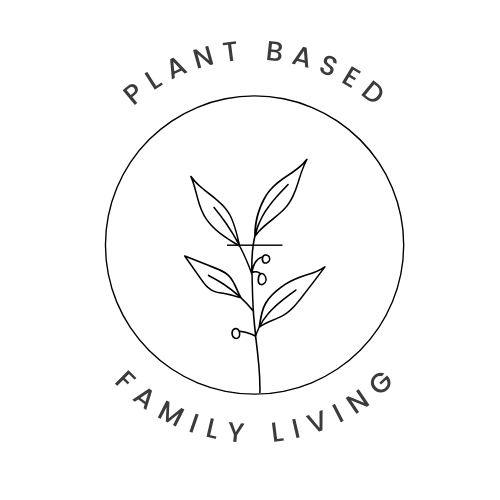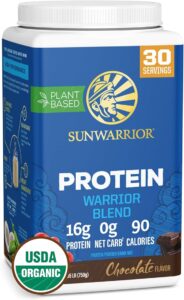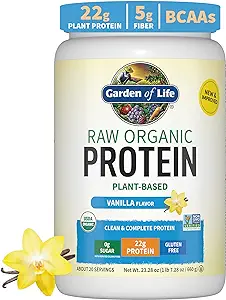Plant-based nutrition is gaining popularity, but with the rise come many misconceptions. Whether you’re considering a plant-based lifestyle or simply curious, it’s important to separate fact from fiction.
Myth 1: Plant-Based Diets Lack Protein
One of the most persistent myths is that plant-based diets don’t provide enough protein. In reality, there are plenty of protein-rich plant foods.
Unless you are pregnant or bodybuilding, the daily recommended amount of protein for an average sedentary adult is 0.8 grams per kilogram of body weight. For instance, someone weighing 165 pounds, or 75 kilograms, should aim for at least 60 grams of protein each day.
Fortunately, that’s pretty easy to accomplish on a plant based diet. Plus, many of these plant based options are nutrient dense, offering a healthy, satisfying way to get protein in your diet.
Plant-Based Protein Sources
Legumes: Lentils, chickpeas, black beans, and peas are excellent protein sources.
Nuts and Seeds: Almonds, chia seeds, hemp seeds, and sunflower seeds pack a protein punch.
Soy Products: Tofu, tempeh, and edamame are versatile and protein-rich.
Whole Grains: Quinoa, farro, and bulgur also contribute to your protein intake.

What About Plant-Based Protein Powder?
I am a huge fan of several plant-based protein powders. They are a great option in a hurry, or post-workout. Here are some of my favorites:
Warrior Blend by Sunwarrior is my go-to for a chocolate flavor, and for the nutritional profile. It’s only 90 calories per serving and packs 16g of protein. It’s a great option for anyone who is tracking their calories or macros and aiming for a higher protein diet.
Garden of Life makes an amazing vanilla protein powder, and I am obsessed with adding just one or two frozen strawberries to my shake for a treat.
Myth 2: Plant-Based Diets Are Nutritionally Inadequate
Concerns about nutrient deficiencies in plant-based diets are common, but they’re largely unfounded when you know how to balance your meals. In fact, many have transitioned to a plant-based lifestyle as a means to improve their health and prevent disease.
My decision to go plant based came after a scary lab report and a cardiologist who wanted to put me on statins (cholesterol medication). I was only in my mid twenties at the time, and relatively fit. Because of a history of heart disease and high cholesterol on both sides of my family, the cardiologist was convinced my numbers were a result of my genetics, and medication was the only option. Instead, I researched lifestyle changes and decided to switch to a plant based diet. Over a decade later, my lab results have always been within range and my doctor has told me I am “one of his healthiest patients.”
Essential Nutrients and Their Plant-Based Sources
Iron: Found in lentils, chickpeas, quinoa, and spinach. Pair with vitamin C-rich foods like bell peppers to enhance absorption and cook in a cast iron pan.
Calcium: Abundant in fortified plant milks, tofu, almonds, and leafy greens like kale.
Vitamin B12: Available through fortified foods and supplements.
Omega-3 Fatty Acids: Found in flaxseeds, chia seeds, hemp seeds, and walnuts.
Myth 3: Plant-Based Diets Are Boring and Lack Variety
A common misconception is that plant-based diets are repetitive and bland. However, the variety and flavor possibilities are endless!
Exploring Diverse Plant-Based Meals
Mediterranean: Enjoy dishes like falafel, hummus, tabbouleh, and stuffed grape leaves.
Asian: Savor meals such as tofu stir-fry, vegetable sushi, and curry with coconut milk.
Latin American: Try black bean tacos, quinoa bowls, and plantain dishes.
Indian: Delight in flavorful options like chickpea curry, vegetable biryani, and lentil dal.
Middle Eastern: Relish meals like baba ganoush, tabbouleh, and lentil soup.
Spices and Seasonings: One of the best ways to add variety and excitement to your meals is through spices and seasonings. Experiment with spices like cumin, turmeric, paprika, and fresh herbs to transform simple ingredients into culinary delights.
Creative Cooking Methods for Plant Based Meals
Grilling: Try grilling vegetables, tofu, and plant-based burgers for a smoky flavor.
Roasting: Roasting enhances the natural sweetness of vegetables like carrots, sweet potatoes, and Brussels sprouts.
Stir-Frying: Quickly cook your favorite veggies, tofu, and tempeh with a splash of soy sauce and sesame oil for a tasty stir-fry.
When I first switched to a plant-based diet, I was amazed by the endless possibilities. One of my favorite discoveries was how versatile tofu can be. From crispy tofu stir-fries to creamy tofu desserts, I never get bored!
Myth 4: Plant-Based Diets Are Expensive
Another myth is that eating plant-based is costly. While it’s true that specialty items and pre-packaged plant-based products can be pricey, the core staples of a plant-based diet—like grains, legumes, and seasonal produce—are some of the most affordable foods you can buy. In reality, with some planning, it can be very affordable.
Tips for Budget-Friendly Plant-Based Eating
Buy in Bulk: Purchase grains, beans, nuts, and seeds in bulk to save money.
Seasonal Produce: Opt for seasonal fruits and vegetables, which are cheaper and fresher.
Frozen Fruits and Veggies: These are often frozen shortly after harvesting, so they retain their nutritional value. They can be cheaper, last longer, and reduce waste.
Meal Prepping: Prepare meals ahead of time to avoid the expense of convenience foods.
Batch Cooking: Cook large batches of beans, grains, and sauces, and prep fresh ingredients so meals are easy to assemble each day.
Meal Prepping Protein Shakes
One way I save money is by meal prepping protein shakes for the week. Instead of buying premade protein shakes, I blend my own using affordable, high-quality plant-based protein powders. This saves money and allows me to customize flavors and ingredients.
I opt for reusable glass containers like these, and store them in my fridge for an easy, on-the-go treat.
Debunking these myths highlights that plant-based diets are rich in protein, nutritionally adequate, diverse, and affordable. By embracing a plant-based lifestyle, you can enjoy numerous health benefits while being kind to the planet.


